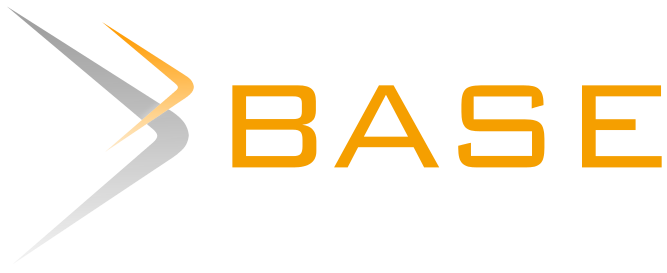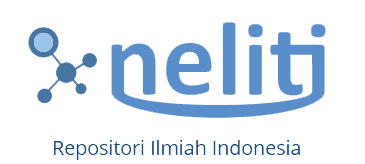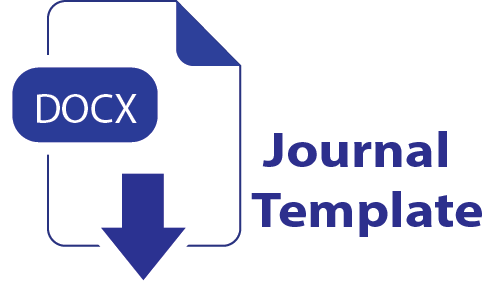ISLAMIC BUSINESS IN INDONESIA, MALAYSIA, AND UNITED KINGDOM (UK)
DOI:
https://doi.org/10.35908/jeg.v7i1.2344Abstract
When discussing the Islamic economic system, the direction cannot be separated from the sectors within it, specifically the Islamic finance region and the non-Islamic finance region. In this dialogue, we can speak about the prevailing Islamic commercial enterprise fashion in numerous nations. The cause of this look is to accumulate a few facts associated with sharia commercial enterprise in numerous nations that are predicted to assist folks who are traveling or who’re seeking out centers that can be according to sharia standards. The approach utilized in writing the item is a qualitative statistics series approach taken from a set of articles associated with sharia commercial enterprise in numerous nations. The results of this survey provide facts related to Shariah trading companies in countries such as Indonesia, Malaysia, and the United Kingdom. In summary, Islamic industrial enterprises exist in the majority of Islamic countries (Indonesia and Malaysia) in addition to the minority Islamic countries (including the United Kingdom). Islamic commercial enterprise became created on the idea of a country’s want to facilitate its citizen (For improving the Muslims of their own country) or for the diversity of Muslim travelers traveling the country.References
References Ulum, Fahrur. 2020. Studi Ekonomi Syariah Dari Paradigma Hingga Penelitian Ekonomi Syariah (1th ed). Jakarta: Prenamedia Group.
Antonio, Mukhlisin. 2018. Meta-analysis on Direction of Accounting Standards for Islamic Finansial Institutions: Case Studies in United Kingdom and Indonesia. Vol.10. P-ISSN: 2087-135X; E-ISSN: 2407-8654.Page 231 – 254.
Rusydiana, Rani. 2021. What Is Sharia Based Hotel? A Meta-Analysis. Vol.5.
Irfan, Mohammad. 2020. A Meta-Analysis of Islamic Microfinance: Case Based Evidence from India. Vol. 6, No.1, pp. 21-50 p-ISSN: 2460-6146, e-ISSN: 2460-6618.
Misno, Abdurahman. 2018. Analisis Praktik Pariwisata Syariah Perspektif Hukum Ekonomi Syariah. E-ISSN: 2614-8838 P-ISSN: 2356-1866.
Saoqi, Abdul. 2017. Analyzing the Performance of Islamic Banking in Indonesia And Malaysia: Maqasid Index Approach. https://journal.uhamka.ac.id/index.php/jei.
As-Salafiyah, Aisyah. 2020. Mosque Economics: A Meta-Analysis.
Herianingrum, Ratnasari, et al. 2019. The Impact of Islamic Bank Financing on Business. Vol. 7. ISSN 2345-0282. http://doi.org/10.9770/jesi.2019.7.1.
Basheer, Hameed. 2019. Islamic Business Ethics and Islamic Banks Performance in Malaysia: Does Sincerity Matter? Vol. 42. No. 4. Page 225-241.
Siswanti, Salim. 2017. The Impact of Islamic Corporate Governance, Islamic Intellectual Capital and Islamic Financial Performance on Sustainable Business Islamic Banks. ISSN: 2146-4138. 7(4). Page 316-323. www.econjournals.com.
Misbach, Irwan. 2019. Exploration of Islamic Values in Islamic Banking (Study of Islamic Bank Customer Perspective in Makassar). Jurnal Minds: Manajemen Ide dan Inspirasi. Vol. 6, No. 1, (January-June) 2019: 37-51. file:///Users/apple/Downloads/7979-Article%20Text-21251-1-10-20190617.pdf.
Fahmy, Yusof. 2010. Are Islamic Banks in Malaysia Really ‘Islamic’? . MPRA Paper No. 20901, posted 25 Feb 2010. https://mpra.ub.uni-muenchen.de/20901/1/MPRA_paper_20901.pdf.
Hamada, Miki. 2011. Comment on “Islamic Banking in Malaysia: Unchartered Waters.â€. Asian Economic Policy Review (2011) 6, 320-321. http://eprc.sbu.ac.ir/File/Article/Comment%20on%20%E2%80%9CIslamic%20Banking%20in%20Malaysia%20Unchartered%20Waters%E2%80%9D_92904.pdf.
Suryo, Herni. 2019. A Framework for Conceptualizing Islamic Bank Socialization in Indonesia. Vol 6, Issue 4, 2019. https://arxiv.org/pdf/2011.10958.pdf.
El-Gawady, Zeinab. “Possibility of Cooperation Between Islamic Banks and Conventional Banksâ€. http://dspace.must.edu.eg/bitstream/handle/123456789/556/Possibility%20of%20Cooperation%20between%20Islamic%20Banks.pdf?sequence=1&isAllowed=y.
Downloads
Published
How to Cite
Issue
Section
License
Authors who publish with this journal agree to the following terms:
- Authors retain copyright and grant the journal right of first publication with the work simultaneously licensed under a Creative Commons Attribution License   that allows others to share the work with an acknowledgement of the work's authorship and initial publication in this journal.
- Authors are able to enter into separate, additional contractual arrangements for the non-exclusive distribution of the journal's published version of the work (e.g., post it to an institutional repository or publish it in a book), with an acknowledgement of its initial publication in this journal.
- Authors are permitted and encouraged to post their work online (e.g., in institutional repositories or on their website) prior to and during the submission process, as it can lead to productive exchanges, as well as earlier and greater citation of published work










